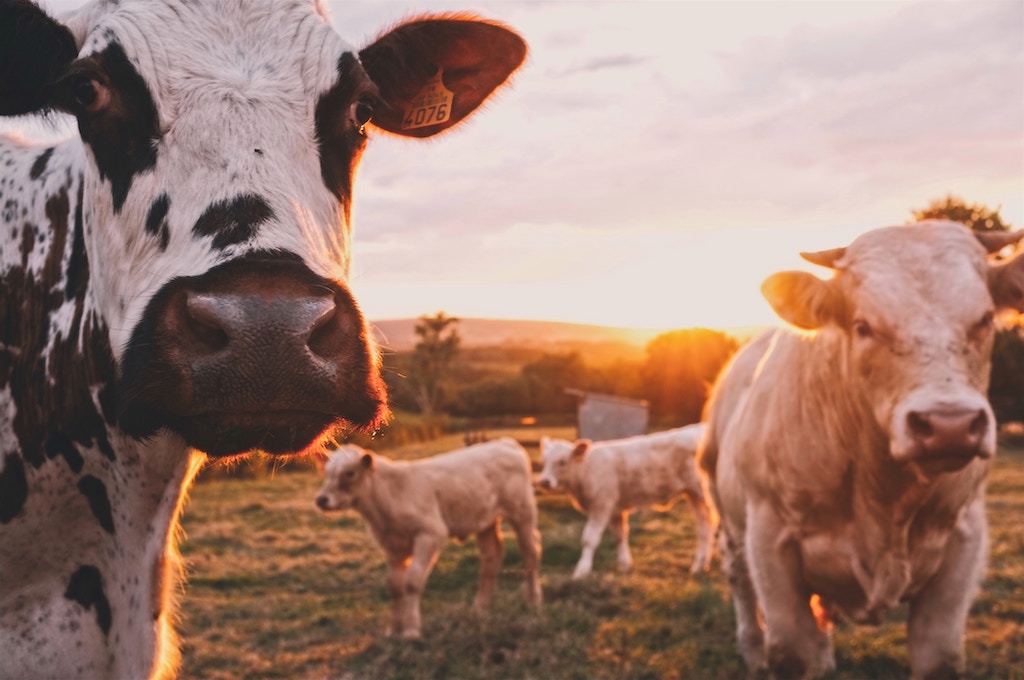This month Thomas Wells, a philosophy professor at Tilburg University in the Netherlands, offered a plea for more active government intervention in our lives.
He couches his request in the language of ethics: particularly his own moral laziness. He writes:
Some years ago, for instance, I worked through the arguments around animal rights and decided to my intellectual satisfaction that the case against eating them was completely compelling. But I still eat meat nearly every day. I did try vegetarianism a couple of times but gave up because it was too hard. Vegetarian food in every situation was always worse than the meat alternative. And I got very tired of eating cheese.
Aristotle would diagnose my failing as akrasia, or weakness of will. I characterize it in more familiar terms as moral laziness.
In Buddhist terms we might think of this as basic ignorance combined with habituated grasping and desire.
This month I have been re-reading the Aggañña Sutta (DN 27), a story which might be seen as simply an origin story for humanity, as a tale of morality, economics, and politics.
In the story, beings once fed on subtle, delightful substances. There was no day or night, no differentiation of genders, no conflict. Then greed set in, and slowly but surely the beings became coarser, as did their food, until one day they learned to store it for days at a time. Then one decided to steal from another, leading to the establishment of politics. Later, ascetics appeared to offer a path outside of the political life altogether.
Returning to the issue of moral laziness, I think this story points to an almost inherent moral laziness in humans. Grasping, whether it is at morsels of ethereal delight or common food and objects, seems to be built in to who we are. On the one hand we have laws and police to keep us from taking what is not given or deserved in the secular world. On the other, we can follow the ethical path of the Buddha toward a life of simplicity and renunciation.
While I support the movement toward a Buddhist path of renunciation, I also think we, as laypeople, need to be cognizant of the role and importance of political structures. Good ones should ideally prevent all of us from stealing equally, and provide basic goods and benefits on an equal basis as well. If a government allows some to steal without penalty, we will see society slip into greater immorality.
In the case of vegetarianism, a government could promote vegetarian eating by subsidizing vegetarian products or taxing meat. Governments around the world do this already with many things deemed potentially dangerous to individuals and society such as cigarettes and alcohol, so this wouldn’t be anything new in principle.
In this way and others we can actively promote a government (or governments, recognizing that we can do this on local levels, state-level, or national and beyond) that help us with our basic moral laziness. I write this as one who has also tried vegetarianism – I was pretty faithfully vegetarian (minus fish) for a decade. And then life took over, first some fatigue issues when friends thought I should eat meat to balance my nutrients, and then a romantic relationship with someone who loves to cook and eat meat. And then laziness, even when on my own, I often choose meat despite knowing the moral and ecological ramifications.
I hope to make the leap back to (more or less) strict vegetarianism, but I also hope we can all recognize and our moral laziness for what it is, a basic aspect of being human, and not as a particular character flaw we might want or need to hide from others. Let us be honest about it, and let us be honest about our needs for structures of support in our quest for moral improvement.


A thoughtful piece. Like you, I struggle with making the step to complete vegetarianism. Also like you, I have had some fatigue issues (though sadly no romantic engagement). I agree that we shouldn’t beat ourselves up for ‘moral laziness’. But I think what we can do as individuals is make as many people as possible aware of the immense and widespread suffering caused by industrial methods of food production. In the end, I think a change in public attitudes will make, and in fact in some places is already making a difference. We also do have power as consumers.